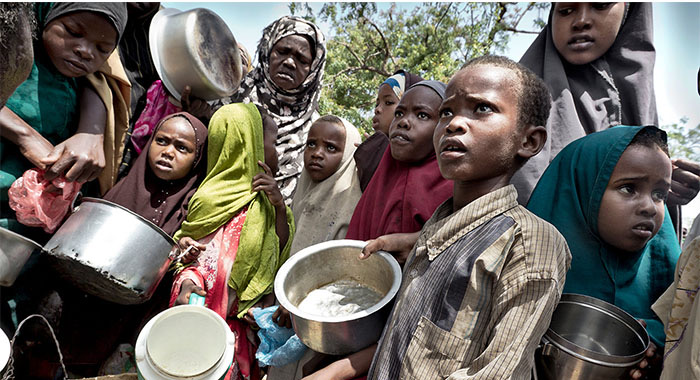By Mohammed Baba Yahaya
There is a silent crisis eating away at the fabric of Nigerian society. It is not just economic; it is profoundly psychological. It begins with a fundamental human need—the desire for respect, status, and esteem—but when twisted by circumstance, it becomes a national malaise. Experts now argue that Nigeria is caught in what can be described as a “Maslow Trap,” where the scramble for social validation is crippling productivity, normalizing corruption, and leaving the masses vulnerable to political exploitation.
The theory, proposed by psychologist Abraham Maslow, places basic physiological and safety needs at the foundation of human motivation. Only when these are met can individuals healthily pursue love, esteem, and self-actualization. In Nigeria, for millions, that foundation is crumbling. Yet, the drive for social esteem has not diminished; it has become a desperate, often destructive, obsession.
We have a situation where the basic infrastructure for a dignified life—steady electricity, affordable healthcare, quality education—is absent for the average person, Yet, the pressure to project success, to wear the right clothes, drive the right car, and be seen as a ‘big man’ is immense. This dissonance is where the trouble starts.
This phenomenon manifests in a dangerous national habit: living far beyond one’s means. The civil servant on a meagre salary acquires a luxury car on crippling debt. The young graduate prioritizes designer wear over saving for a business idea. The compulsion to signal success, even without the substance, has become a societal norm.
This desperate leapfrogging over basic needs to attain social standing has a corrosive trickle-down effect on the nation’s economy and governance.
Greed, Corruption, and the Weaponization of Poverty
When social currency becomes more valuable than actual currency, the incentive for honest work diminishes. The scramble for esteem morphs into raw greed.
People no longer ask how you made your money, just have it, this erodes ethical boundaries. The civil servant inflates contracts, the politician pilfers the treasury, all to fund a lifestyle that grants them that coveted social validation. Corruption is no longer just about theft; it’s about financing an image.
The most devastating consequence is that poverty is then weaponized. A population struggling to meet its basic needs is a vulnerable population. Politicians and the elite, having contributed to the system’s decay, expertly manipulate this vulnerability.
Hungry men do not ask for good governance; they ask for a bag of rice during election season, when the government is ineffective in providing social amenities—when roads decay, schools collapse, and hospitals become mortuaries—it creates a dependent citizenry. This dependency is then traded for votes, for silence, for compliance. It is a vicious cycle: create the poverty, then use it to maintain power.
Breaking the Cycle
Escaping this trap requires a multi-faceted approach. Economists stress the need for policies that genuinely grow the middle class and create wealth based on innovation and production, not just consumption.
But beyond policy, we need a cultural shift, we must begin to celebrate modesty, integrity, and hard work again. We must redefine what ‘success’ means, separating it from material acquisition and tying it to character, community impact, and genuine enterprise.
The message is clear: until Nigeria addresses the psychological hunger driving its material desperation, the cycle of corruption and weaponized poverty will continue. The nation must rebuild the foundation of Maslow’s pyramid—providing basic, affordable amenities for all—before it can healthily aspire to anything greater. Otherwise, the relentless pursuit of esteem will ensure that, for the many, things continue to fall apart.


